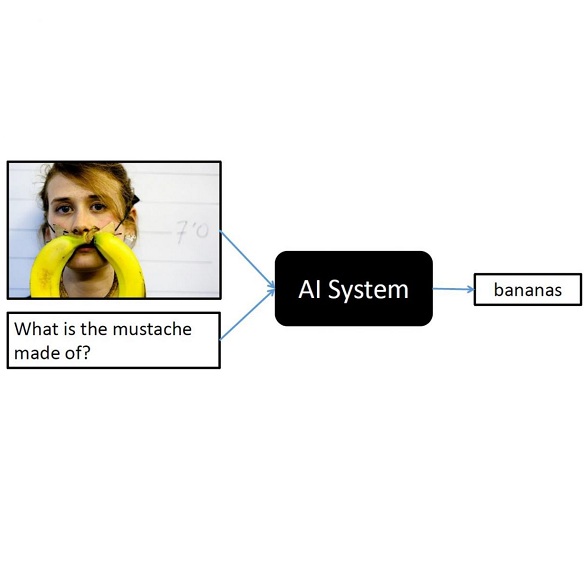Variational quantum algorithms (VQAs) have demonstrated great potentials in the NISQ era. In the workflow of VQA, the parameters of ansatz are iteratively updated to approximate the desired quantum states. We have seen various efforts to draft better ansatz with less gates. In quantum computers, the gate ansatz will eventually be transformed into control signals such as microwave pulses on transmons. And the control pulses need elaborate calibration to minimize the errors such as over-rotation and under-rotation. In the case of VQAs, this procedure will introduce redundancy, but the variational properties of VQAs can naturally handle problems of over-rotation and under-rotation by updating the amplitude and frequency parameters. Therefore, we propose PAN, a native-pulse ansatz generator framework for VQAs. We generate native-pulse ansatz with trainable parameters for amplitudes and frequencies. In our proposed PAN, we are tuning parametric pulses, which are natively supported on NISQ computers. Considering that parameter-shift rules do not hold for native-pulse ansatz, we need to deploy non-gradient optimizers. To constrain the number of parameters sent to the optimizer, we adopt a progressive way to generate our native-pulse ansatz. Experiments are conducted on both simulators and quantum devices to validate our methods. When adopted on NISQ machines, PAN obtained improved the performance with decreased latency by an average of 86%. PAN is able to achieve 99.336% and 96.482% accuracy for VQE tasks on H2 and HeH+ respectively, even with considerable noises in NISQ machines.
翻译:VQA 在 VQA 的工作流程中, ansatz 的参数会反复更新, 以接近理想的量子状态。 我们已看到各种旨在起草更好的 ansatz 的努力, 并且没有太多门门。 在量子计算机中, 门 ansatz 最终会转换成控制信号, 比如中继器上的微波脉冲。 控制脉冲需要精心校准, 以尽量减少错误, 比如过度调制和调制。 在 VQAs 的工作流程中, 这个程序将引入冗余, 但 VQAs 的变异性能可以自然地通过更新调制调制和频率参数来处理过热和调低调的问题。 因此, 我们提议将 PAN, 一个本地脉冲 an- pulse anzatz 发电机框架, 比如说, 我们生成了本地脉冲 脉冲, 以及可导引的调调调调振动参数。 在我们提议的 PANSA 中, 我们正在调整对等量脉冲脉冲脉冲脉冲的脉冲, 都在NISQQ 的精准中, 我们用本地支持了HQQQIQ 的机的功能, 发送到不至不进行。



